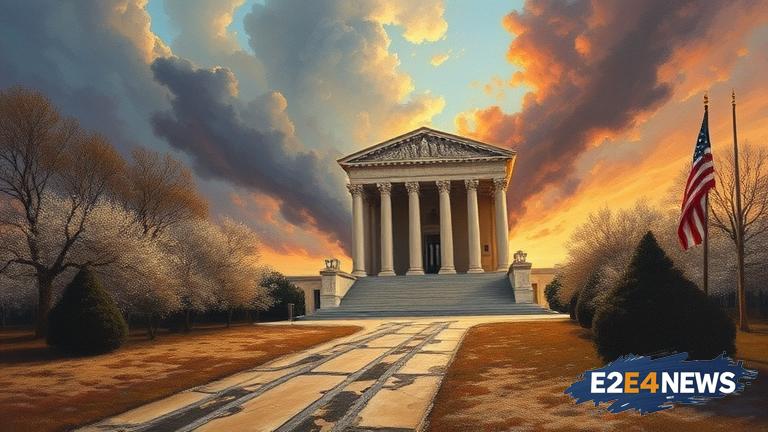The culture war, a longstanding and deeply divisive conflict over values, beliefs, and lifestyles, has finally reached the judicial system. Judges and lawyers are now tasked with navigating the complex and often contentious issues that arise from this war. At its core, the culture war is a struggle for power and influence, with different groups vying for control over the narrative and the ability to shape societal norms. The conflict has played out in various arenas, including education, media, and politics, but its entry into the courtroom marks a significant escalation. One of the key issues at stake is free speech, with many arguing that the culture war is being used to suppress dissenting voices and stifle debate. Others contend that hate speech and discriminatory language must be regulated in order to protect vulnerable groups. The judiciary is also being forced to confront the complexities of identity, including questions of gender, race, and sexuality. As the culture war continues to rage on, it is likely that the judiciary will play an increasingly important role in shaping its outcome. The courts will be tasked with balancing competing interests and values, all while ensuring that the rights of all individuals are protected. This will not be an easy task, as the culture war is characterized by deeply entrenched positions and a lack of common ground. Despite these challenges, the judiciary remains the best hope for resolving the conflicts that arise from the culture war. By providing a neutral and impartial forum for the adjudication of disputes, the courts can help to promote understanding and reconciliation. However, the culture war also poses significant challenges to the judiciary, including the risk of politicization and the erosion of trust in the institution. If the judiciary is seen as taking sides or imposing its own values on society, it could undermine the legitimacy of the courts and exacerbate the conflict. Furthermore, the culture war has the potential to overwhelm the judiciary, as the sheer volume of cases and the complexity of the issues involved could stretch the courts’ resources to the breaking point. In addition, the culture war is not limited to the United States, but is a global phenomenon, with different countries and cultures experiencing their own unique struggles and conflicts. The international dimension of the culture war adds an additional layer of complexity, as different legal systems and cultural norms must be taken into account. Ultimately, the outcome of the culture war will depend on the ability of the judiciary to navigate these challenges and promote a culture of tolerance, understanding, and respect for diversity. The courts must be careful to avoid imposing their own values or biases, while also ensuring that the rights of all individuals are protected. By doing so, the judiciary can help to create a more just and equitable society, where all individuals can thrive and reach their full potential. The culture war is a complex and multifaceted conflict, and its resolution will require a sustained and collective effort from all segments of society. The judiciary has a critical role to play in this process, and its decisions will have far-reaching consequences for the future of society.
